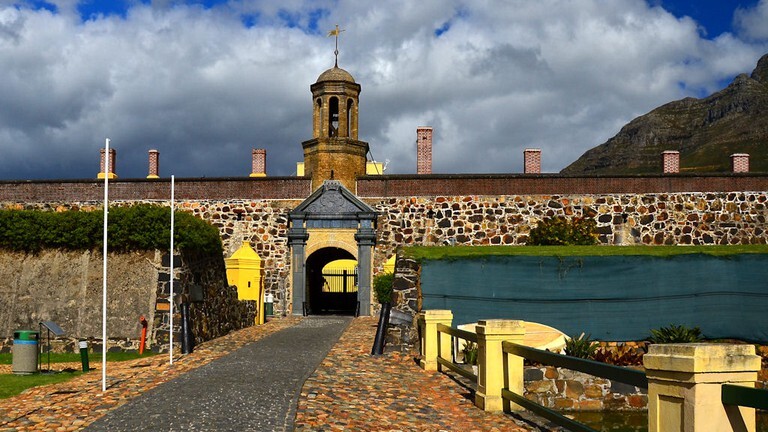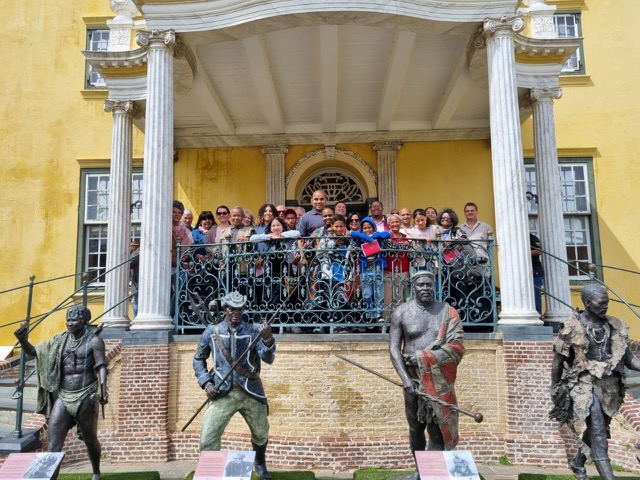Restitution involves seeking to set right the generational ills inequality by engaging those who have benefited from the systems of colonialism and apartheid, directly or indirectly, in transferring wealth and social capital and reinvesting in communities that are still suffering.
The word “restitution” means to restore something lost or stolen to its proper owner or to recompense or compensate for injury or loss. We normally hear it used in a legal sense when it refers to “paying back” or “making things right” for wrongs previously committed. However, even in courts we recognise that some wrongs can never be made right, for example murder or torture. When considering historical injustice, thinking about restitution forces us to recognise that loss includes both tangibles - such as land - and intangibles - like dignity, a sense of safety or self, and opportunity - compounded over generations. For this reason, we speak about “social restitution” as a project encompassing more than just legal redress.





